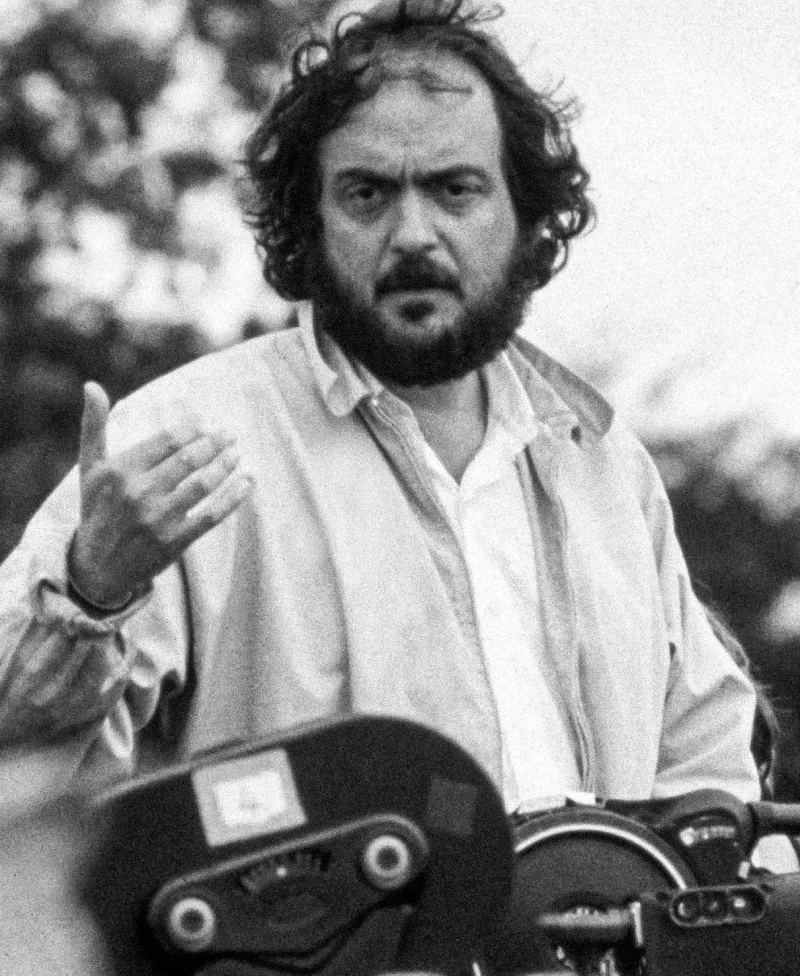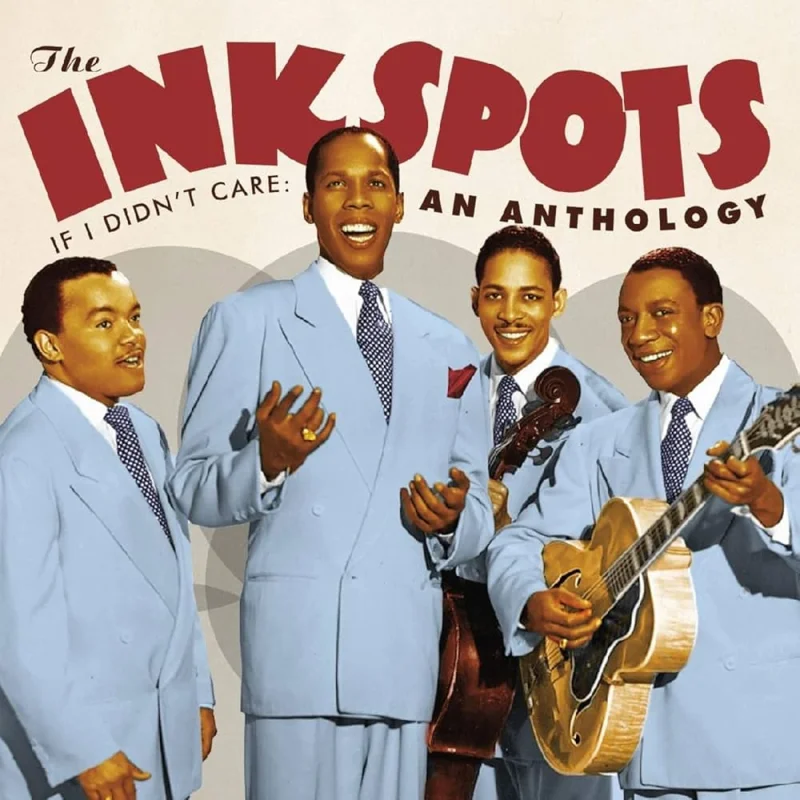Short Summary
Stanley Kubrick was an influential American film director, producer, and screenwriter, renowned for his innovative and meticulous approach to filmmaking. He is celebrated for his diverse and groundbreaking movies that span various genres, including "2001: A Space Odyssey," "A Clockwork Orange," and "The Shining." Kubrick's work is characterized by its unique visual style, complex storytelling, and exploration of dark and thought-provoking themes, making him a pivotal figure in the history of cinema.
Early Life & Education
Born on July 26, 1928, in the Bronx, New York City, Stanley Kubrick was the first child of Jacques and Gertrude Kubrick. His father was a physician, and his mother was a homemaker. Kubrick developed an interest in photography during his high school years, which led him to become a staff photographer for Look magazine at the age of 17. He briefly attended City College of New York but dropped out to pursue a career in filmmaking. His early exposure to photography and passion for visual storytelling heavily influenced his future work as a filmmaker.
Career Highlights
Kubrick's career began with short documentaries and independent films, leading to his first major feature, "The Killing," in 1956. He gained significant recognition with "Paths of Glory" (1957) and "Spartacus" (1960). In 1968, "2001: A Space Odyssey" revolutionized the science fiction genre with its groundbreaking special effects and philosophical themes. Kubrick's adaptation of Anthony Burgess's "A Clockwork Orange" in 1971 further established his reputation as a visionary filmmaker. His later works, including "The Shining" (1980) and "Full Metal Jacket" (1987), cemented his legacy as a master of cinema.
Major Achievements
- Directed "2001: A Space Odyssey," a landmark in both science fiction and visual effects.
- Received critical acclaim for the war film "Paths of Glory" and the historical epic "Spartacus."
- Adapted "A Clockwork Orange," known for its controversial and thought-provoking narrative.
- Revolutionized horror with the psychological thriller "The Shining."
- Influenced generations of filmmakers with his meticulous approach and innovative storytelling.
Famous Quotes
- "If it can be written, or thought, it can be filmed."
- "The best education in film is to make one."
Interesting Facts
- Kubrick was known for his perfectionism, often requiring numerous takes for a single scene.
- He was a chess enthusiast and often played games with cast and crew during breaks.
- Kubrick lived in England for most of his life, where he shot many of his films.
- His meticulous attention to detail extended to the design and production of film sets.
- Despite being a renowned director, he never won an Oscar for Best Director.
Legacy / Influence
Stanley Kubrick's legacy endures through his significant contributions to the art of filmmaking. His work has inspired countless filmmakers with its innovative techniques, narrative depth, and visual mastery. Kubrick's films continue to be studied and admired for their technical brilliance and ability to provoke thought and discussion, ensuring his place in the pantheon of cinema's greatest directors.
FAQ
Q: Why is Stanley Kubrick famous?
A: He is famous for his groundbreaking films across various genres and his innovative filmmaking techniques.
Q: What are some of Stanley Kubrick's most famous films?
A: Some of his most famous films include "2001: A Space Odyssey," "A Clockwork Orange," and "The Shining."
Q: How did Kubrick influence filmmaking?
A: His meticulous attention to detail, innovative storytelling, and technical prowess have influenced generations of filmmakers.












